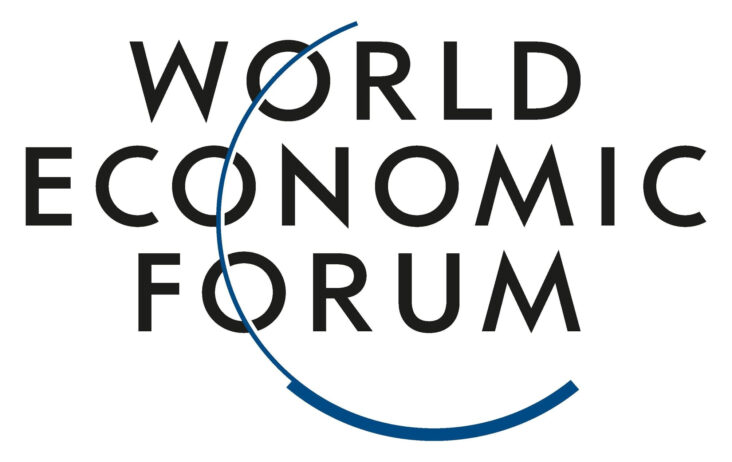25 Countries Unite In Fight Against Plastic Pollution At Davos

The World Economic Forum’s Global Plastic Action Partnership (GPAP) has recently welcomed seven new members – Angola, Bangladesh, Gabon, Guatemala, Kenya, Senegal, and Tanzania – bringing its impact-focused global network to 25 countries with a combined population of over 1.5 billion people.
This marks a pivotal milestone in the fight against plastic pollution and solidifies GPAP as the largest global initiative dedicated to tackling its root causes and advancing a circular plastics economy worldwide.
“Reaching this 25-nation milestone is not just a celebration of numbers, it’s a testament to the growing global determination to tackle one of the world’s most pressing challenges,” said Clemence Schmid, Director of GPAP, World Economic Forum.
Plastic waste continues to pose an urgent global challenge. With 6 million tonnes entering oceans each year and over twice that amount polluting land, mismanaged plastic waste is severely disrupting ecosystems, harming biodiversity and threatening human health and livelihoods worldwide.
Plastic pollution is also a significant contributor to climate change, responsible for an estimated 1.8 billion tonnes of greenhouse gas emissions annually. Landfill emissions such as methane – over 80 times more potent than CO2 in the short term – can be drastically reduced through GPAP’s systemic approach to waste management.
It is estimated that circular solutions could create up to 6 million jobs globally by 2030, with the plastics sector driving much of this transformation.



